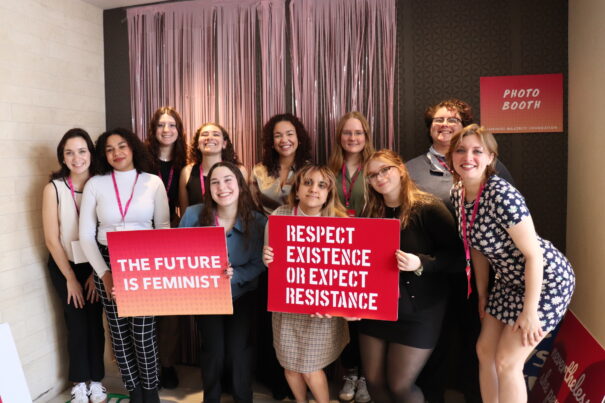The overturning of Roe v. Wade three years ago has had far-reaching consequences beyond restricting access to abortion. As outlined in a report by the National Abortion Federation (NAF), there has been a drastic increase in violence against abortion providers, including but not limited to arson, burglaries, and death threats.
Since Dobbs v. Jackson Women’s Health Organization eliminated the federally protected right to abortion, hostility toward reproductive healthcare and those who seek it has intensified. These individuals are often from low-income and marginalized communities, who now face not only reduced access but also heightened fear and danger.
With clinics banned or forced to close in many states, extremists are relocating to states where abortion remains legal in order to harass and intimidate both providers and patients. The NAF notes that comparing recent data to previous years is difficult due to the widespread closure of clinics, which limits the scope of available data. They also believe the numbers reported are conservative, as the data only includes incidents from NAF member clinics. Many more violent acts likely occur at non-member facilities.
Between 2023 and 2024, the NAF recorded:
- 169 acts of vandalism
- 621 instances of trespassing
- 269 death threats
- 17 thefts
- 3,582 instances of harassment
- 12 bomb threats
- 777 cases of obstruction
A geographic breakdown of the data reveals that the highest rates of these incidents occurred in states such as Tennessee, Utah, Connecticut, North Carolina, and New Mexico.
The report also includes testimonies from providers and staff who have experienced these violent acts firsthand. Many describe the lasting psychological and emotional effects on patients and communities, including increased fear and a reluctance to seek care, even when it is urgently needed.
It is also important to note that the second Trump administration pardoned at least 23 anti-abortion extremists who had been convicted under the FACE Act (Freedom of Access to Clinic Entrances Act). The Department of Justice under the current administration has largely refused to enforce the law, except in what it defines as “extraordinary circumstances” involving severe bodily harm, death, or significant property damage. Several pending FACE Act cases were also dropped. As a result, individuals previously involved in clinic invasions and blockades have stated their intent to continue and even escalate such actions, encouraged by the apparent lack of accountability.
As clinics continue to shut down and patients are forced to travel long distances or relocate entirely to access care, serious concerns arise about the prioritization of the health and safety of women and pregnant people in the United States. The refusal to enforce the FACE Act, coupled with the growing wave of threats and violence, reflects a dangerous erosion of both legal protections and moral responsibility. It calls into question what it truly means to be “pro-life” when the lives, safety, and dignity of those seeking essential healthcare are so readily disregarded. If we are to move toward a more just and compassionate society, the rights and security of reproductive healthcare providers and patients must be restored and defended.

















